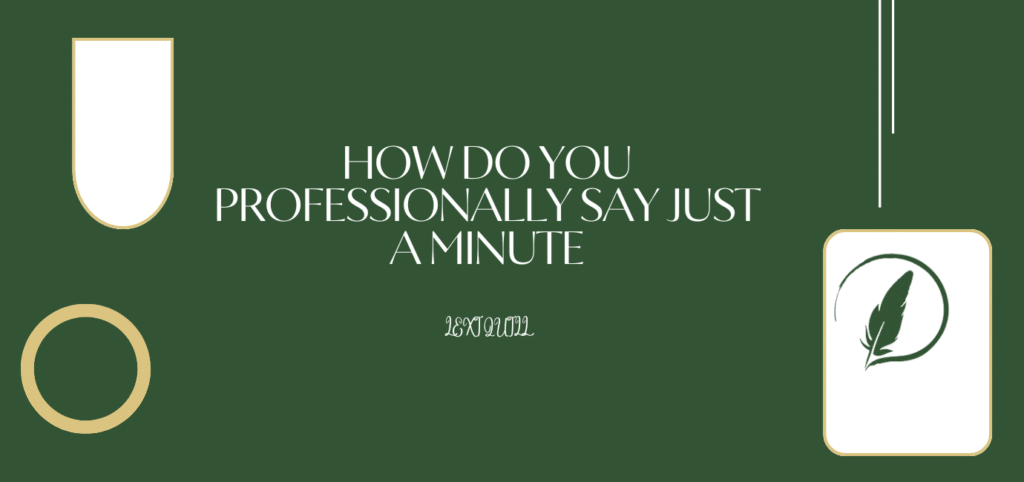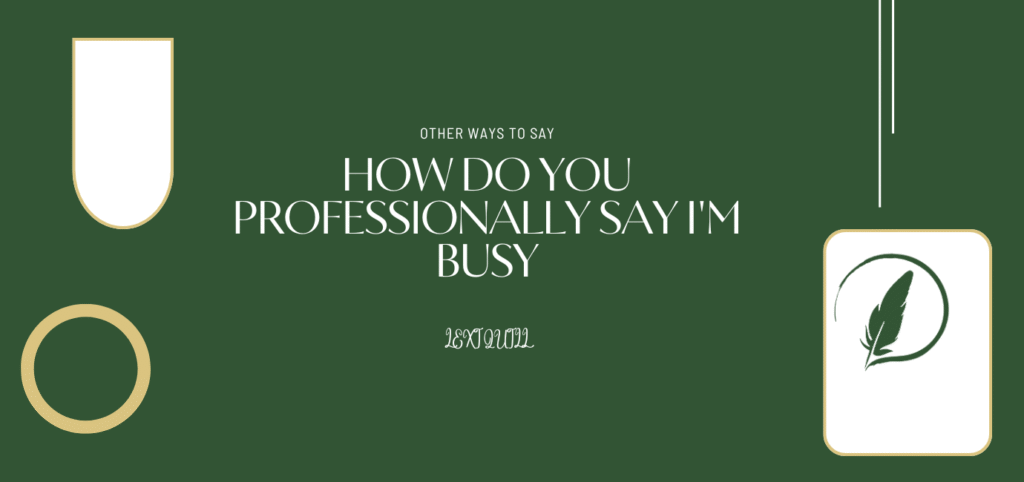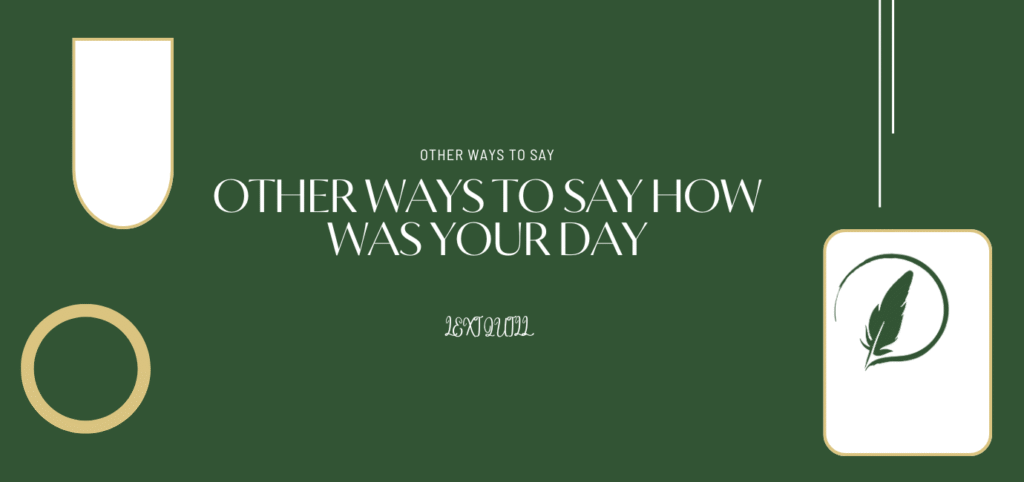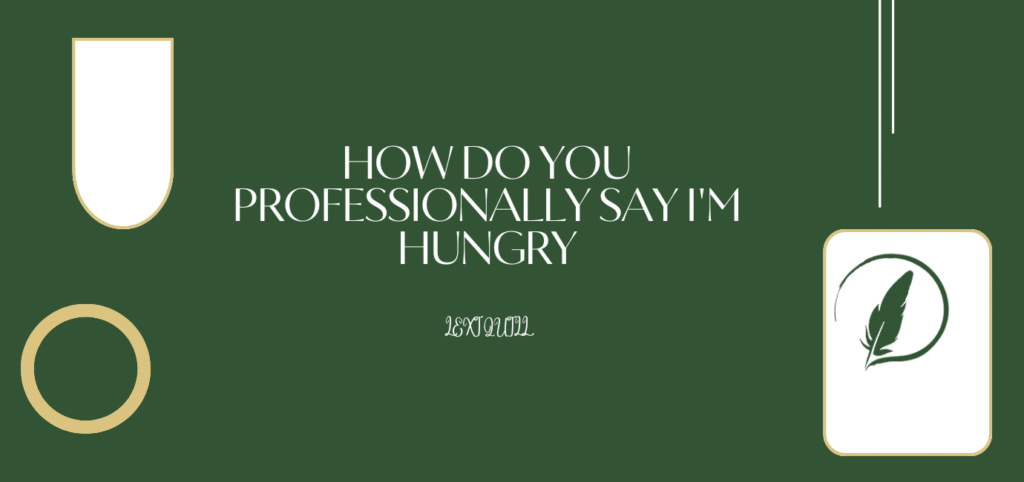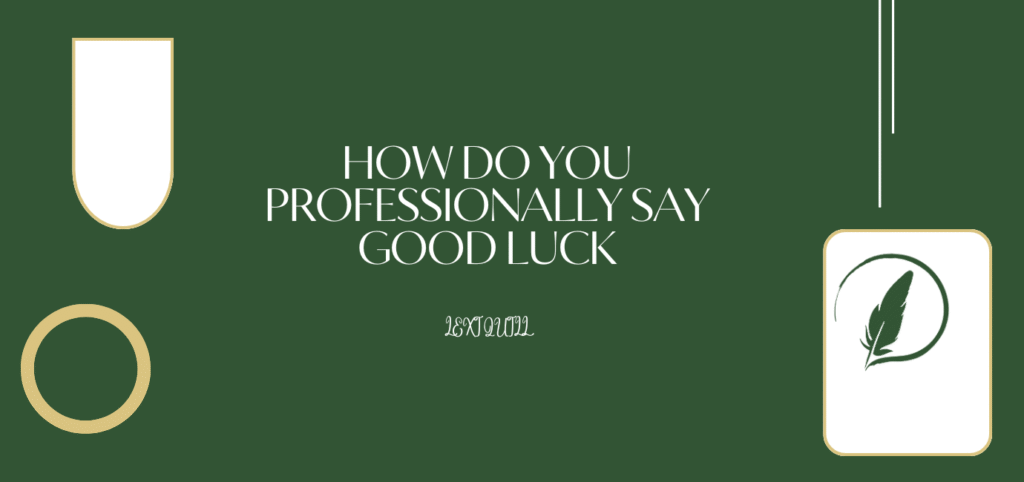In business communication, expressing gratitude and acknowledgment for received information is essential. While the phrase “Well noted” has long been used in emails to show recognition, it may sometimes sound overly brief, formal, or impersonal. Fortunately, there are several alternative expressions that can convey a more personalized tone, add warmth, or enhance professionalism. Having a range of options can help you adapt your message based on the recipient, situation, or your preferred communication style.
Why Use Alternatives?
Although “Well noted” is widely accepted in professional correspondence, it doesn’t always fit every context. At times, it might come off as curt or overly mechanical. Using different phrases allows for better emotional expression, making your response feel more thoughtful and intentional. Additionally, rotating your language can help avoid monotony in repetitive communications, especially when responding to updates, instructions, or feedback. Choosing the right alternative can reflect attentiveness, build rapport, and improve clarity in workplace interactions.
1.Understood, Thank You!
This is a simple, polite, and professional way to confirm that you’ve received and comprehended the information. It strikes a nice balance between formality and appreciation, suitable for internal or client-facing communications.
Example: Understood, thank you for the update! I’ll keep this in mind for our next meeting.
2.Got It, Thanks!
Casual and to the point, this phrase is best used in informal or internal emails with colleagues or team members. It suggests that the message was clear and that no further clarification is needed.
Example: Got it, thanks for the details! I’ll take it from here.
3.Acknowledged, Appreciate It!
Combining a formal tone with gratitude, this expression works well in professional emails where you want to confirm receipt and also express politeness.
Example: Acknowledged, appreciate it! I’ll proceed accordingly and follow up by EOD.
4.Thanks for the Update, Noted!
This option is great when you want to show that you not only read the message but also valued the effort to communicate it. It reinforces attentiveness and professionalism.
Example: Thanks for the update, noted! I’ll review and get back to you with my comments.
5.Received with Thanks!
A classic, formal phrase used often in business correspondence. It’s particularly suitable for acknowledging documents, attachments, or reports received via email.
Example: Received with thanks! I’ll take the necessary actions and confirm once done.
6.Note, I’ll Take Care of It!
This phrase goes beyond acknowledgment to signal that you are taking responsibility for the next steps. It’s assertive, action-driven, and reassuring to the sender.
Example: Noted, I’ll take care of it by the deadline and loop you in when it’s ready.
7.Thanks for Letting Me Know!
Friendly and appreciative, this phrase is useful when the message contains helpful or informative content that doesn’t necessarily require a task or action.
Example: Thanks for letting me know! I’ll be sure to keep that in mind during the planning phase.
8.Noted and Understood!
Ideal for professional settings, this response confirms both the receipt and full comprehension of the message. It’s especially helpful when dealing with detailed or sensitive information.
Example: Noted and understood! I’ll align with the team on this and update the project timeline.
9.Appreciate the Heads-Up!
Use this phrase when someone has provided a timely or anticipatory message that allows you to prepare or avoid a problem. It’s both polite and proactive.
Example: Appreciate the heads-up! I’ll adjust my schedule accordingly and be on alert.
10.Got Your Message, Will Do!
This is a confident and action-oriented reply, good for when the next steps are clear and you’re ready to proceed. It communicates readiness and reliability.
Example: Got your message, will do! I’ll send you the final draft by tomorrow.
Final Thoughts:
Language is a powerful tool in professional communication. The way you express acknowledgment and gratitude can significantly influence the tone and effectiveness of your emails. Rather than relying solely on the often-used “Well noted,” consider experimenting with these alternatives to enhance clarity, build rapport, and demonstrate emotional intelligence. By doing so, your email responses can become more engaging, respectful, and aligned with your communication goals.


